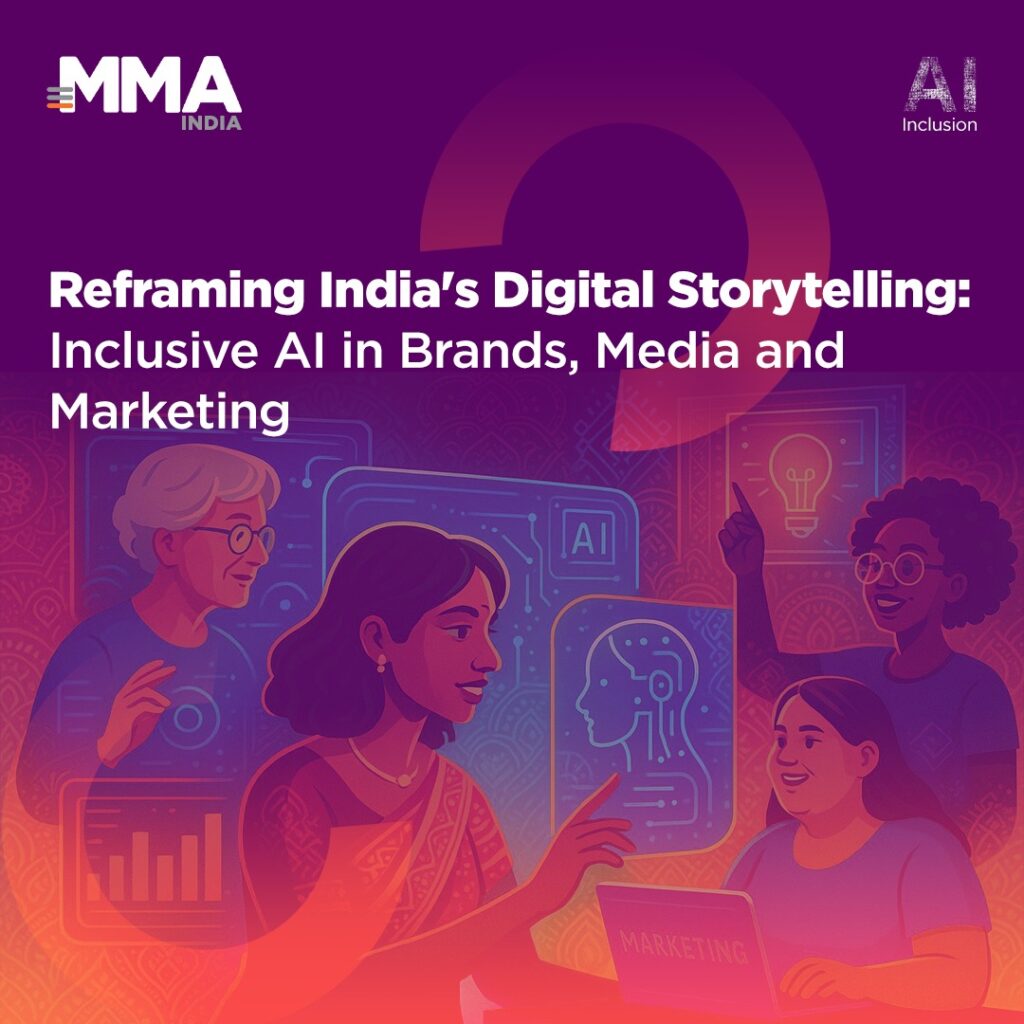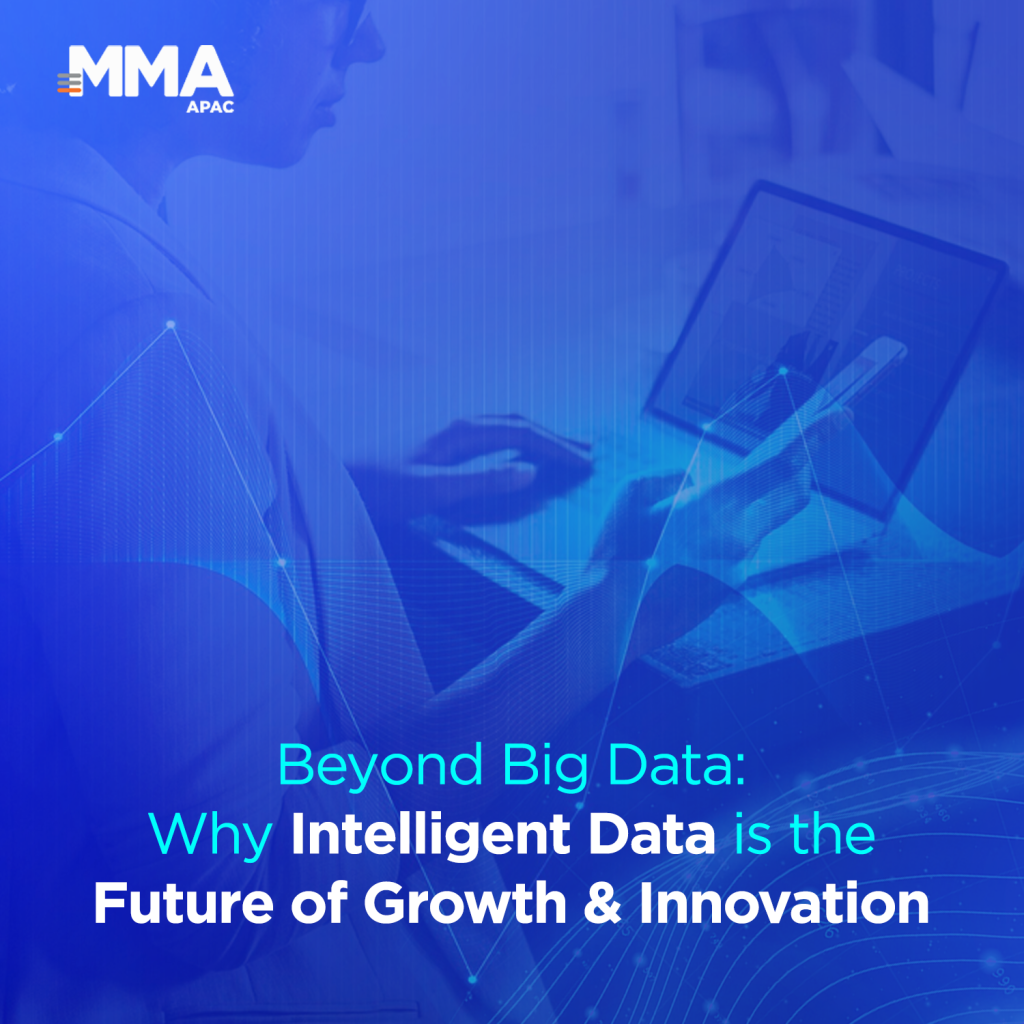
Generative AI has been the talk of the marketing town for quite some time now. With the rapid advancements in technology, AI has become an integral part of marketing strategies. Particularly the GAI subset has attracted significant eyeballs, experimentation, uproar, and excitement, but also backlash, criticism, and fear. This has led to several myths and misconceptions surrounding generative AI that it’s high time we address. MMA felt the pressing need to do just that.
Myth #1: Generative AI Will Take Your Job and Kill Your Family
There is a prevailing belief that generative AI will result in widespread job loss and chaos. Interestingly, the study shows that there is actually a general sense of optimism among marketers regarding the impact of generative AI on their careers. While concerns about job displacement exist, the study reveals that marketers are primarily optimistic about the opportunities that generative AI brings. The study also highlights that the optimism is more focused on personal career growth rather than its impact on the country or family.

Verdict: Utopia – Marketers don’t agree with the dystopia myth
Generative AI is not here to replace marketers but to empower them. It allows us to automate repetitive tasks, freeing up time for strategic thinking and creativity.
Myth #2: Generative AI Will Bring the Biggest Disruption in History
While GAI has the potential to be disruptive, the study suggests that it may not be the largest disruption in history. Maximum marketers perceive generative AI as a tool that will bring significant changes but not on a historical scale. It is essential to understand that generative AI is just one piece of the technological puzzle and needs to be integrated into existing marketing strategies to maximize its impact.

Verdict: Disruption – Marketers expect disruption and fast change, but not historic
Generative AI will indeed bring disruption, but it is essential to keep in mind that it is just one component of the broader marketing landscape. Its true potential lies in its integration with other technologies and marketing practices.
Myth #3: We Are Already Too Late with Generative AI
63% of marketers believe that when it comes to the adoption of gen AI in their business, it is more advantageous to be a fast follower. While 50% said that they are already exploring use cases and conducting research and testing around AI and its applications for the past three years, many are concerned about their pace of adoption for the next year.

Verdict: Too slow – Marketers are indeed worried about their pace of adoption
We are not starting from scratch. Organizations have been investing time and resources in AI adoption for years. But generative AI, being the next logical and large step in this journey, still needs to be significantly prioritized and actively adapted by businesses to be able to stay ahead of the curve.
Myth #4: Everything Is Changing So Fast, So We Don’t Know Where to Focus
While it is true that the marketing landscape is evolving rapidly, the study proves that there are specific areas where generative AI is expected to have the most significant impact. Content production, customer support, and creative optimization are identified as the key use cases for genAI.

Verdict: Clear focus – Marketers have clear priorities in terms of use cases
To navigate the fast-changing marketing landscape, it is crucial to identify the areas where generative AI can make a significant impact; the good news is that the top marketers we surveyed seem to have those goals clearly defined.
Myth #5: Generative AI Will Bring a Ton of Insourcing
Contrary to the belief that generative AI will lead to insourcing and in-housing of content and software creation, the study indicates that in the short term, companies will rely more on their partners to navigate the key areas of disruptions brought by generative AI.

Verdict: Not ready for insourcing yet – Marketers will outsource more in the short term
34% of marketers claim that they expect external partners to play more of a crucial role in helping them adapt to the changes and leverage the capabilities of gen AI effectively, at least in the next year.
This study is an eye-opener – it not only provides tangible insights from real people but also uncovers the truth behind the myths surrounding GAI and its impact on marketers. The cat’s out of the bag; it’s only a matter of being agile and embracing the potential of generative AI to drive innovation, enhance customer experiences, and achieve business goals. Do not simply form an opinion based on the stories that your peers tell. Test, apply, learn, stay informed, and adapt to the changing landscape, instead of running around like headless chickens not knowing how to marry your skills with disruptive tools.


















